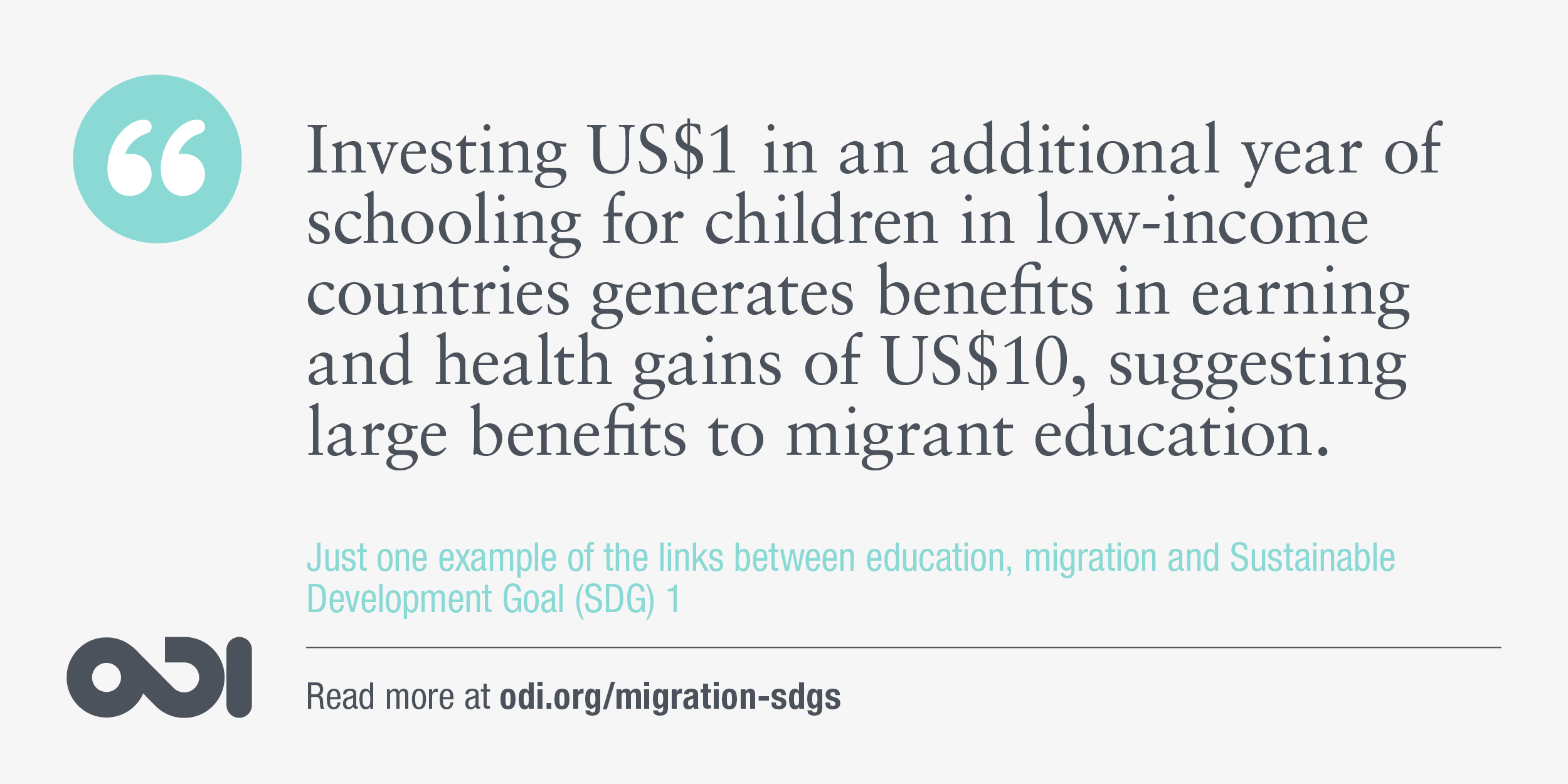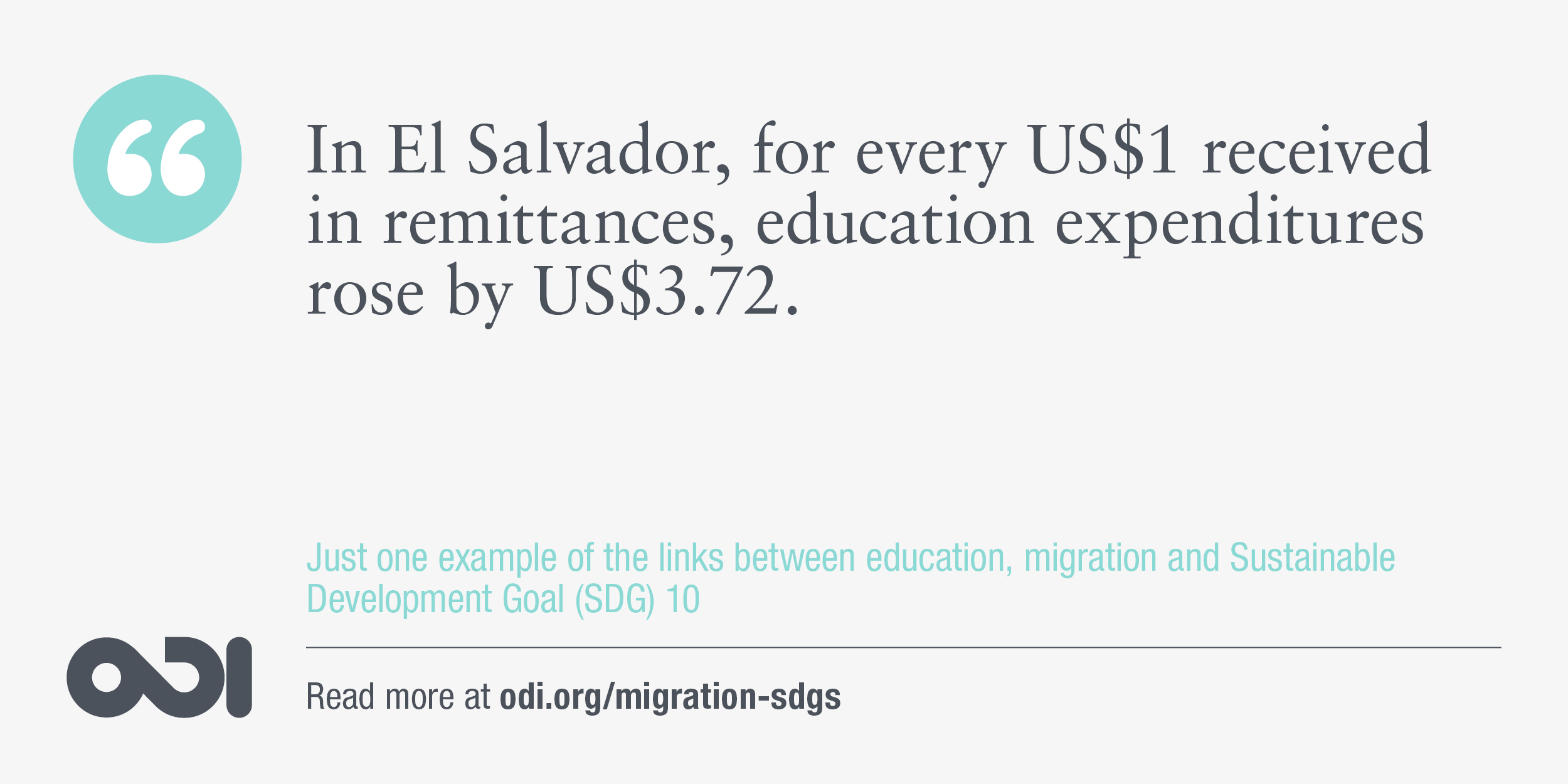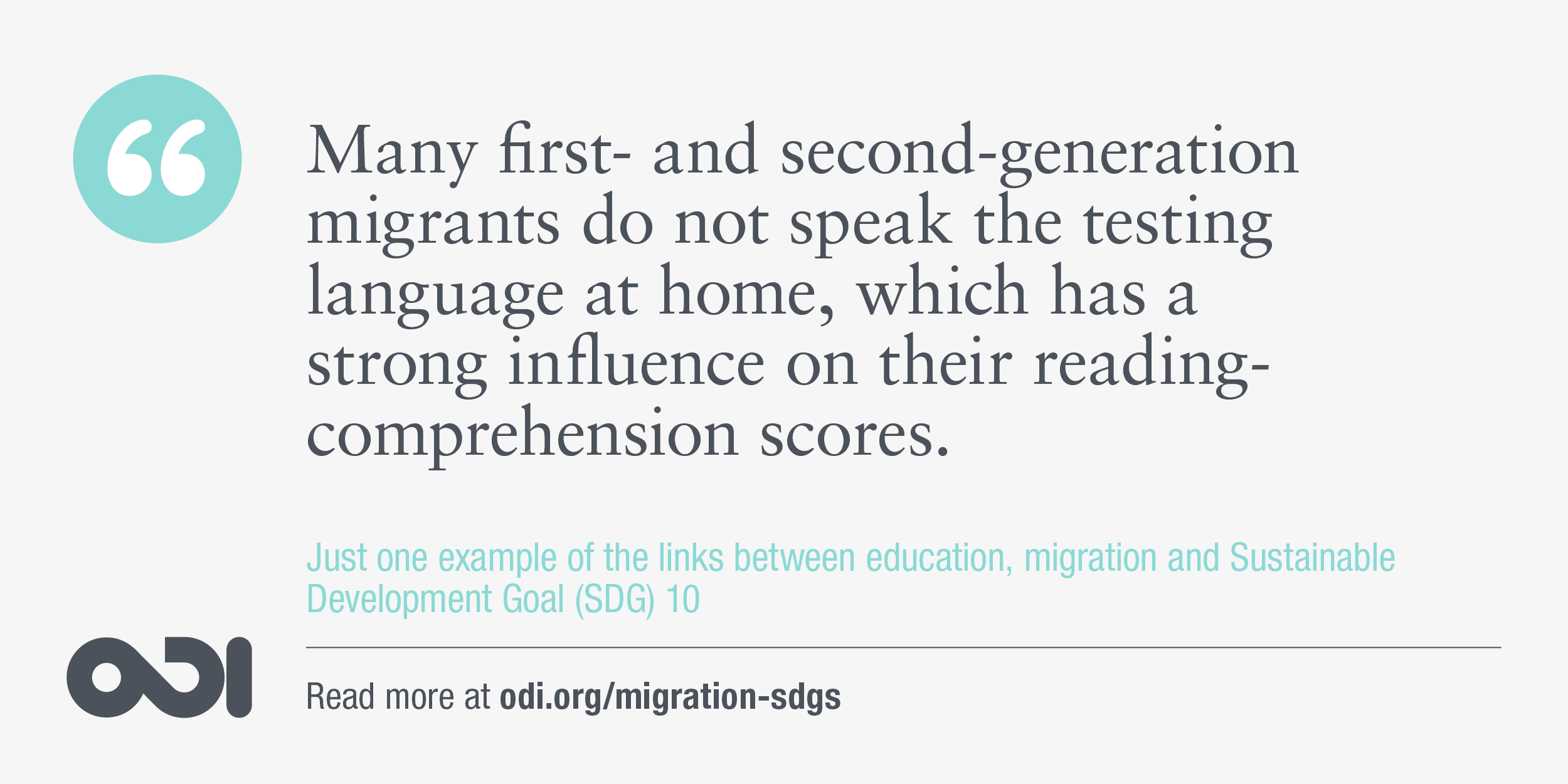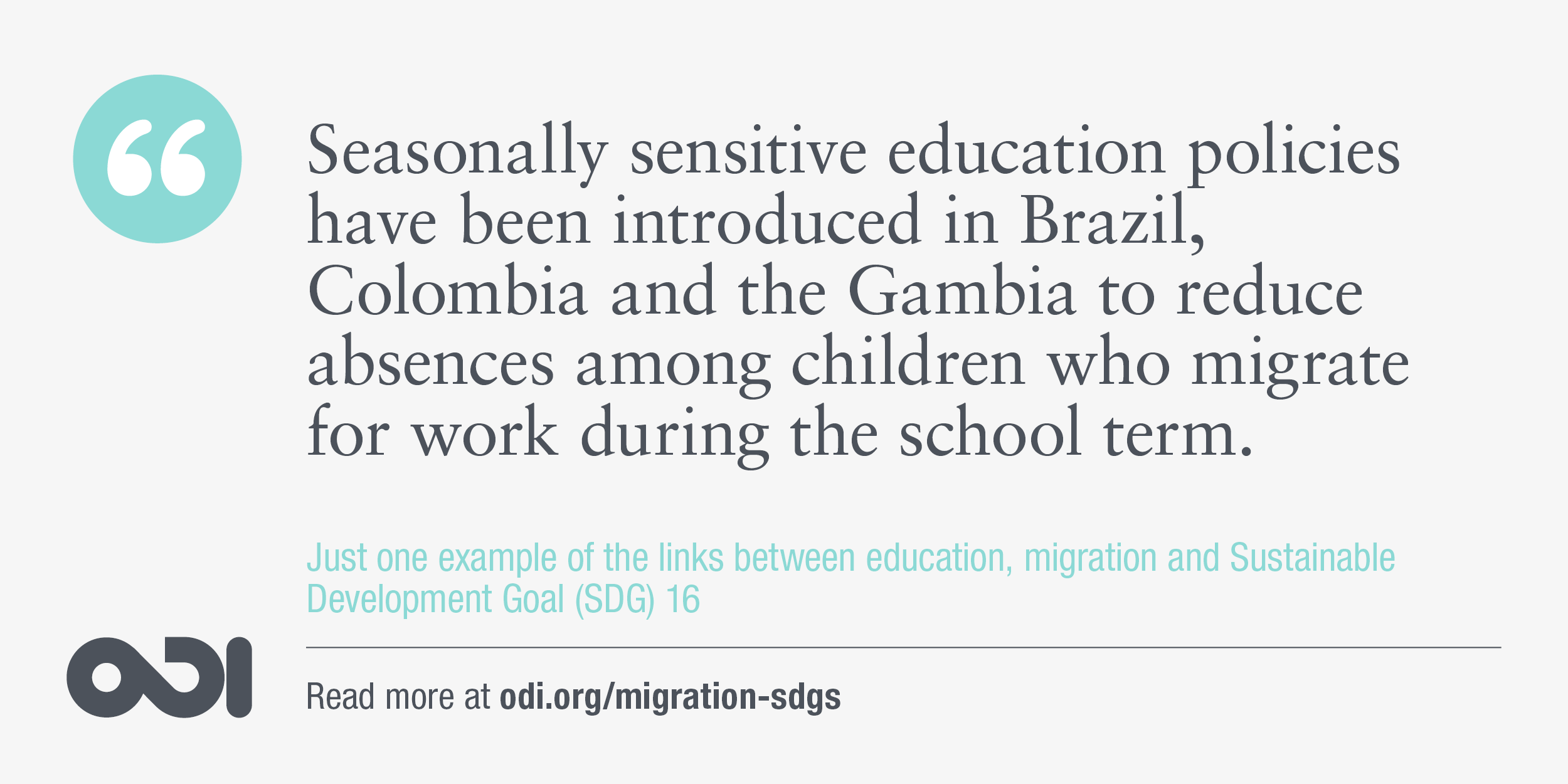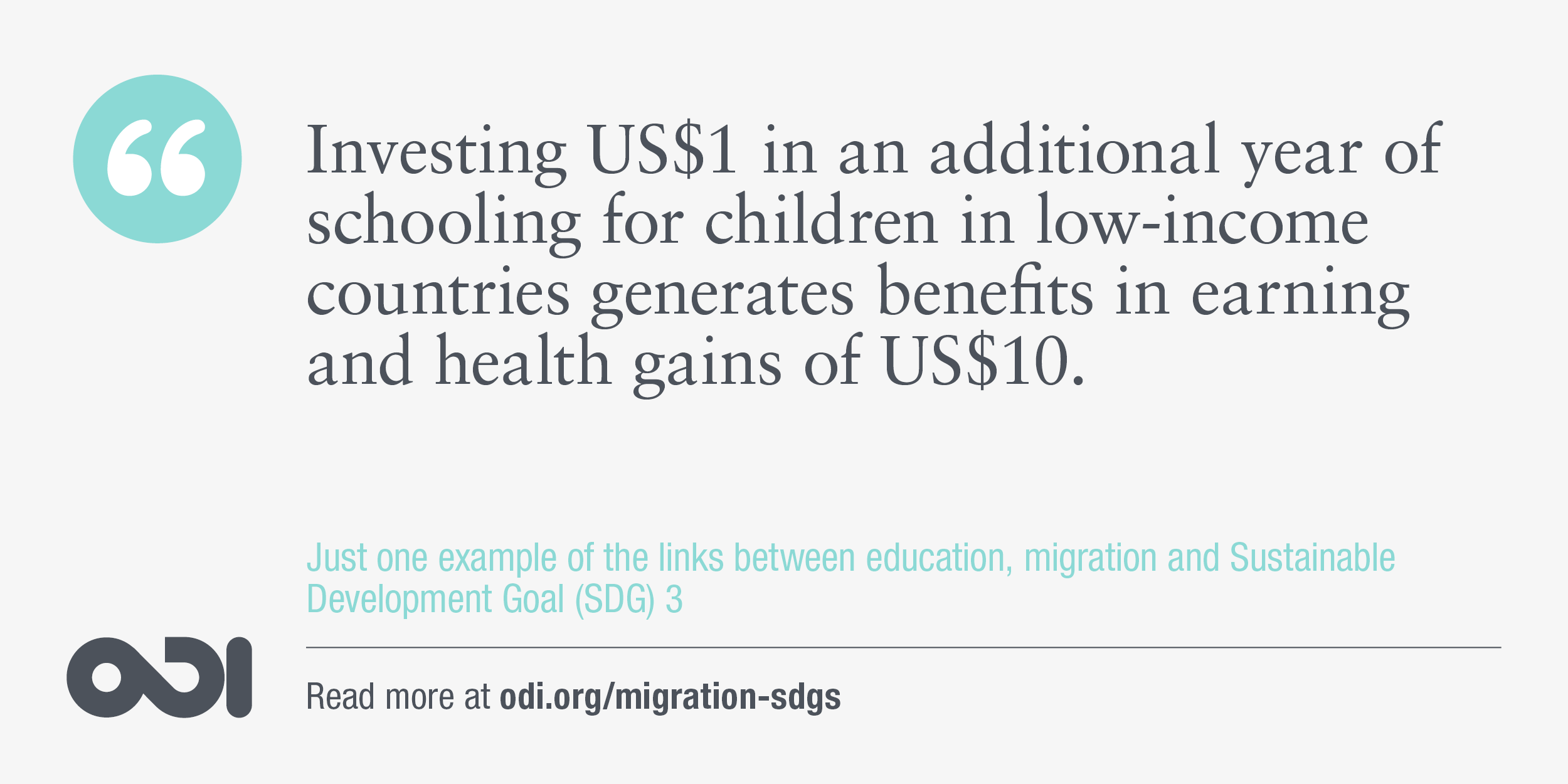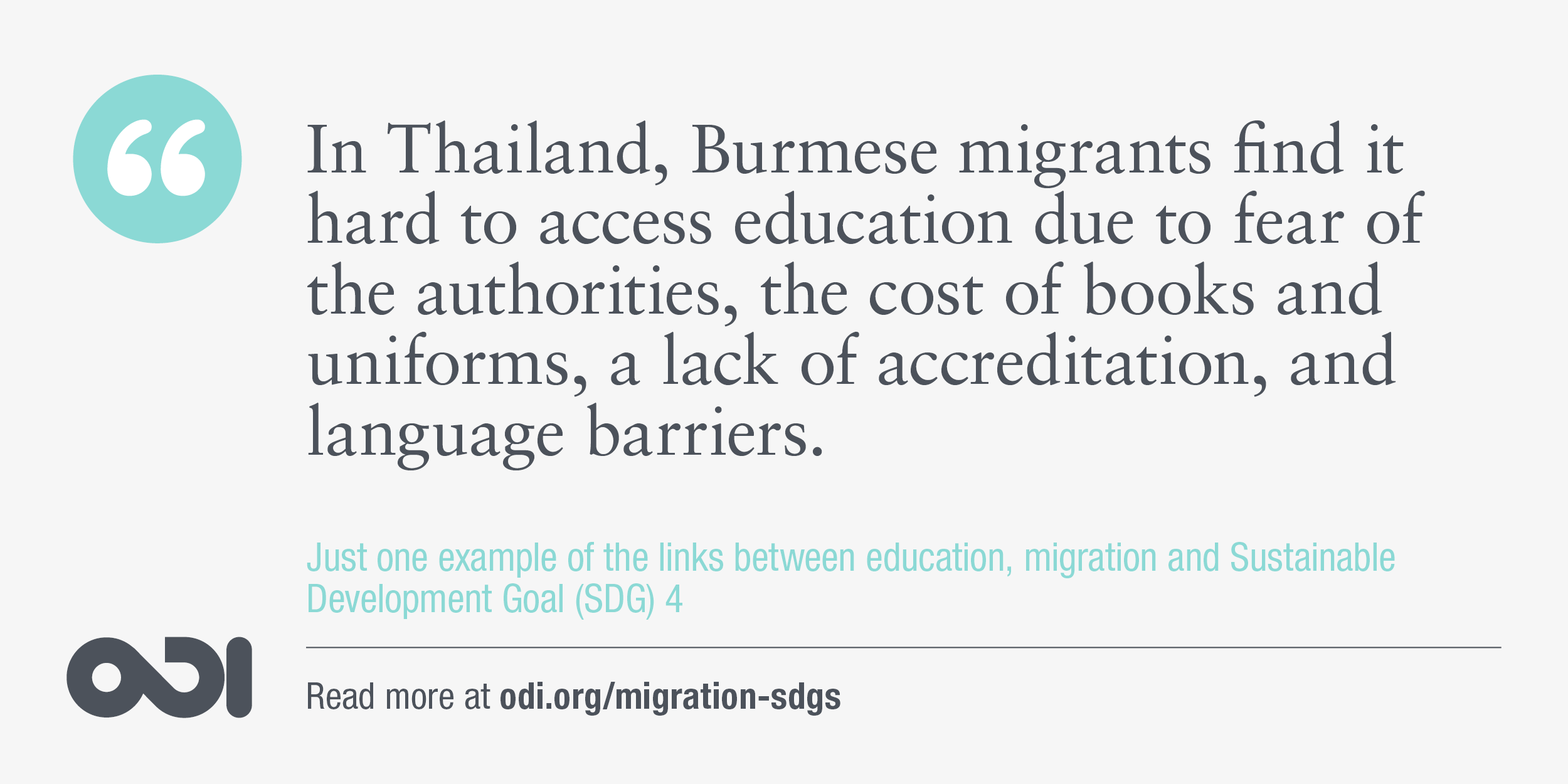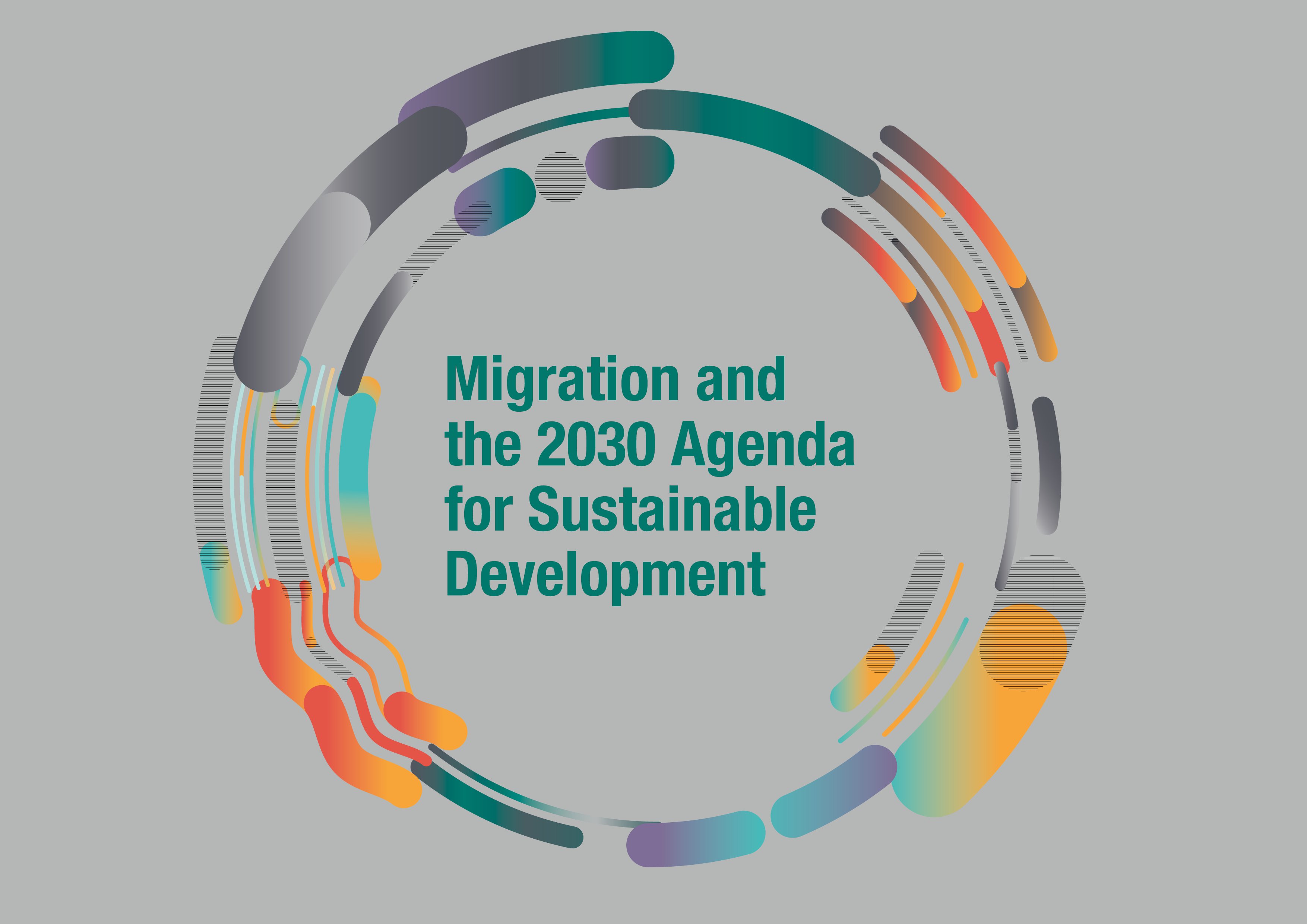This briefing explores the challenges and opportunities related to primary-school education for migrants – especially in host countries – and the implications for the 2030 Agenda for Sustainable Development (2030 Agenda). It highlights why education matters for migrants and their host countries, trends in primary education, and how migrant education contributes to the achievement of various Sustainable Development Goals (SDG), particularly Goal 4.
Key messages
- 31 million school-aged children are international migrants, and this number is set to grow. Their education is therefore a long-term strategic priority and investment.
- Educating migrant children is essential to meet SDG 4, and more broadly to achieve economic and social benefits such as improved livelihoods, better health outcomes, reductions in gender inequities and enhanced political participation.
- Large and unexpected migration flows can disrupt education systems, disadvantage migrant and refugee children and create tensions in host communities. To combat this, a combination of forward-planning and contingency funding is needed.
- Education plays an important role in social integration, economic mobility and learning outcomes. Migrant children should not be placed in segregated classes or schools, nor solely taught in their native language.
- There is limited data on the education of migrant and refugee children. Government and international institutions need to collaborate to collect such data, and use it to support vulnerable groups.
This is the fifth in a series of policy briefings on the relationship between migration and 2030 Agenda for Sustainable Development.
